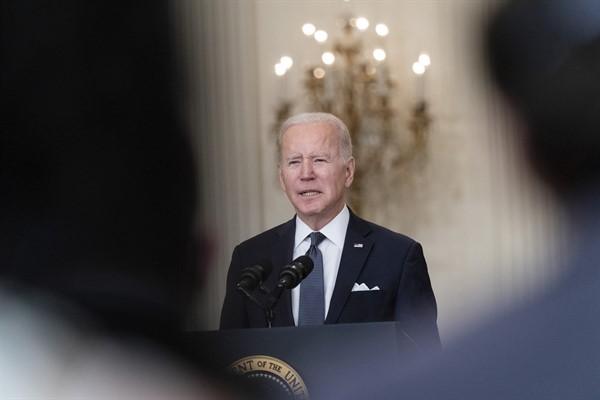On Christmas Eve in 2002, I was suddenly dispatched from my base in Tokyo, where I was the New York Times bureau chief at the time, to Seoul, the capital of South Korea, to cover reports that North Korea was about to reactivate a nuclear reactor that had previously been taken out of service as a result of painstaking negotiations between Washington and Pyongyang.
The United States suspected that if operations resumed at the reactor, which had supposedly been built for research purposes, the North Korean government would soon begin reprocessing its spent nuclear fuel to build up a supply of plutonium for use in a nuclear weapons program.
North Korea denied any such intentions, but in its inimitable fire-breathing way, hinted at a massive retaliation against the United States and its allies in the region—including South Korea, whose capital sits a mere 30 miles from the Demilitarized Zone that divides the Korean Peninsula—if Washington attempted to intervene in any way.

